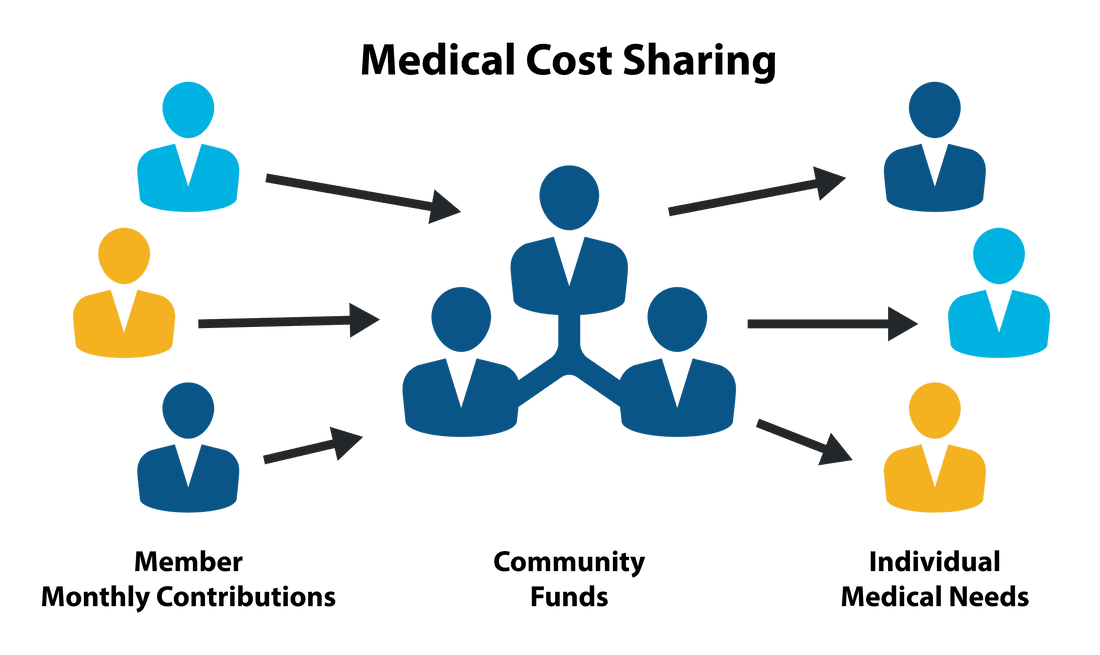For The Business Owner
Lower healthcare costs
As mentioned, one of the main advantages of DPC is cost savings. By paying a lower monthly fee directly to the primary care provider, your business can save money on healthcare costs compared to traditional primary care.
Simplified benefits
With DPC, there are no copays or deductibles, and all primary care services are covered under the monthly fee. This can make it easier for you to manage your employee benefits and reduce administrative burdens.
Employee recruitment and retention
DPC can be a selling point for small businesses when recruiting employees. Many job seekers are looking for affordable, convenient, and high-quality healthcare options, and DPC can provide all of these benefits. By offering DPC as a healthcare benefit option, small businesses can differentiate themselves from competitors and make themselves more attractive to potential employees.
Healthy employees and a more effective workforce
By providing employees with affordable, personalized, and convenient primary care, DPC can help improve employee satisfaction and retention. This can lead to a more stable, effective workforce that is less likely to experience turnover
Reduce absenteeism
Employees who have access to timely, affordable primary care are less likely to miss work due to illness. This can help businesses reduce absenteeism and improve productivity by ensuring that employees have the healthcare they need to stay healthy and perform at their best.





